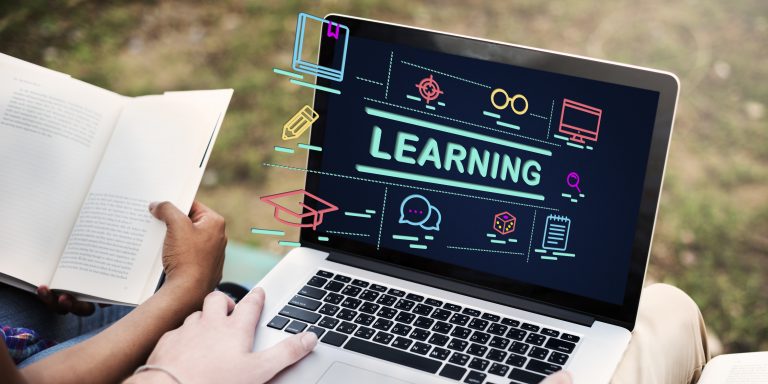Education role in AI technology implementation in industry

Artificial Intelligence has a crucial role in the digital transformation roadmap of traditional manufacturing companies as if from one side it may bring great step improvement in several areas (not only the historically involved production, maintenance and quality domains, but also in logistic, planning, product design, finance…) on the other side it is probably the most difficult technology to be implemented in a sustainable way, due to the lack of knowledge and to the natural negative reaction to adoption that this type of technology generates in the involved people.
Most of the AI systems currently installed and active in Whirlpool, like in other traditional manufacturing companies, consist in advanced vision systems for quality control. These almost traditional solutions have been generally developed with third parties support (suppliers or consultants), which created the solutions as black box systems, limiting the need of internal skills and competencies development. The result has been the perception of this system like a traditional technology which works with strange, magic rules and provides an always correct output. Often, these systems have completely replaced the human work with the corresponding loss of competence on the specific activity by the involved people. The strange fact is that these type of systems, when correctly working, are not perceived as “artificial intelligence” with its specific benefits and constraints but like a electromechanical device part of the traditional machineries. The “data” is not perceived as the fuel of the system and the “data quality” and “data ownership” concepts are generally not addresses in the organization setup.
With this approach, every time that the result has been visibly wrong, the system has been perceived like faulty and then often shut-down or by-passed as no internal skill and competence has been created to deal this cases
This effect is visible not only on the current AI installed solutions lifecycle but also in the difficulty in introducing new AI solutions beyond the pilot experiences.
In the last years, other more innovative AI technology trials have been developed, focused on maintenance, for predictive maintenance of complex machineries, on logistics, for internal and external transport optimization, on demand forecasting, for a more effective planning processes in production and in post-sales. Also in these cases, besides the evidence of the concrete benefits driven by the new solutions, it is very difficult to reach the full adoption within the organization, so that this generates a negative impact onto the solution massive exploitation beyond pilot boundaries.
The exiting opportunity to introduce AI solutions in further manufacturing areas, like the collaborative robotics, the worker assistance, the process digital twin and CPSoS applied into the whole value chain, are then goals difficult to be achieved if a complete change of the paradigm is not executed.
The lesson learnt by these experiences, which has to become a milestone in the digital transformation roadmap, is the need to create an internal competence on AI technology, on its advantages and constraints, so that a real awareness on what AI means and how to manage it.
With this perspective a very interesting competence development path has been created within the EIT Manufacturing Education Program, which started couple of years ago creating AI focused learning paths dedicated to factory population, from shop floor managers (as decision makers) to operators (as end users).
Whirlpool EMEA joined in 2021 one of these development projects, HiAi – Human In the AI loop, which, launched in 2020 with the partnership of University of Darmstadt, Politecnico of Milano and FESTO. The project is creating a learning nuggets toolset, specifically designed and validated for industry profiles, which will be available onto the EIT manufacturing learning platform (soon to open) for European workforce empowering with a wide offer of up-skilling and re-skilling contents.
The application of this type of training path within the Whirlpool skills and competencies development program will cover the actual knowledge and awareness gap that blocks the full and conscious adoption of AI solutions and will speed-up the digital transformation in a wide areas of manufacturing application domains.
Thanks to this approach, to properly support the XMANAI and other innovation projects in the next years, a specific training and education program on Artificial Intelligence is under evaluation to be embedded into the 2022 people development plan: Whirlpool people will be offered to voluntarily join the learning path focused on technical, managerial, organizational and cultural aspects of AI technology, creating in this way a robust foundation for the future.

